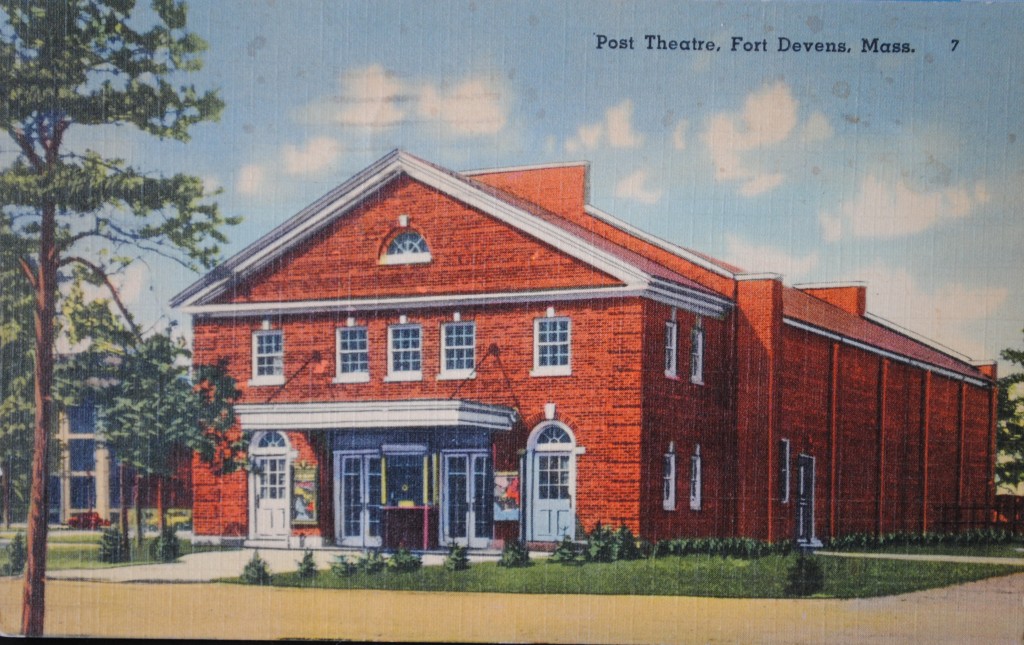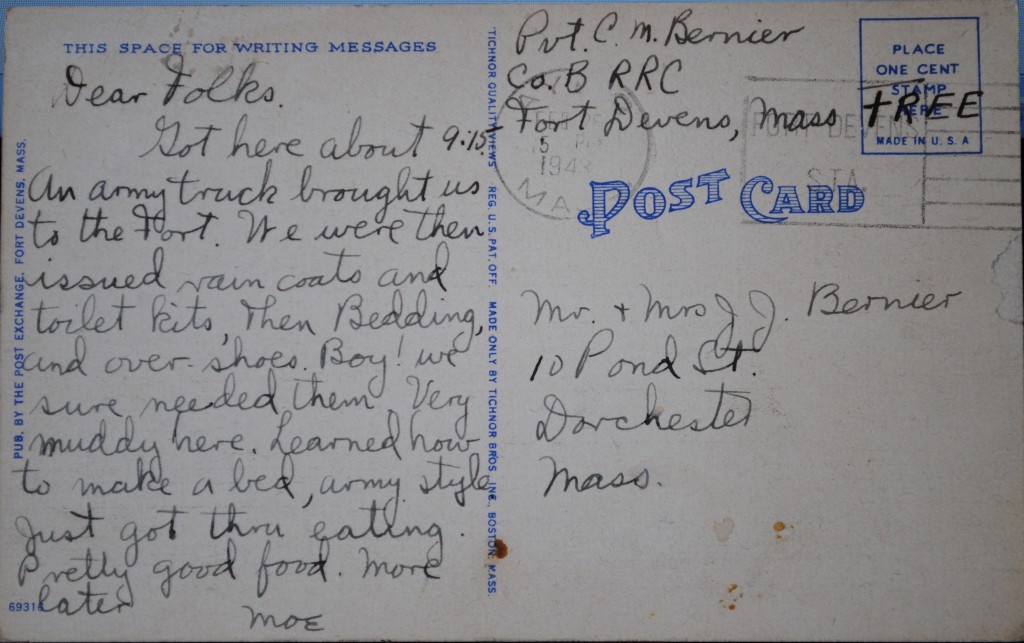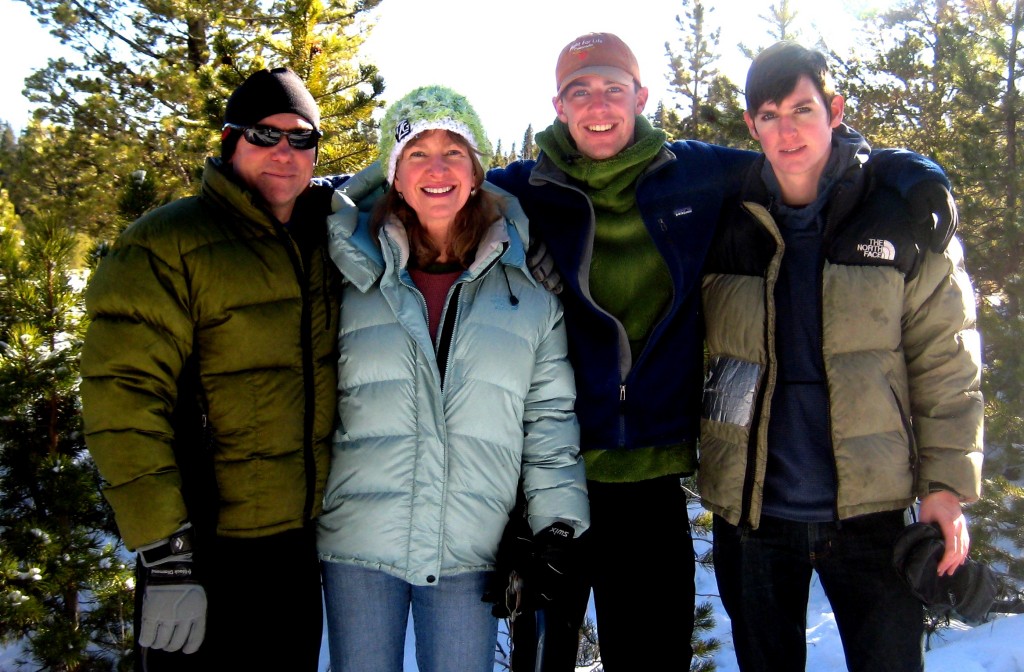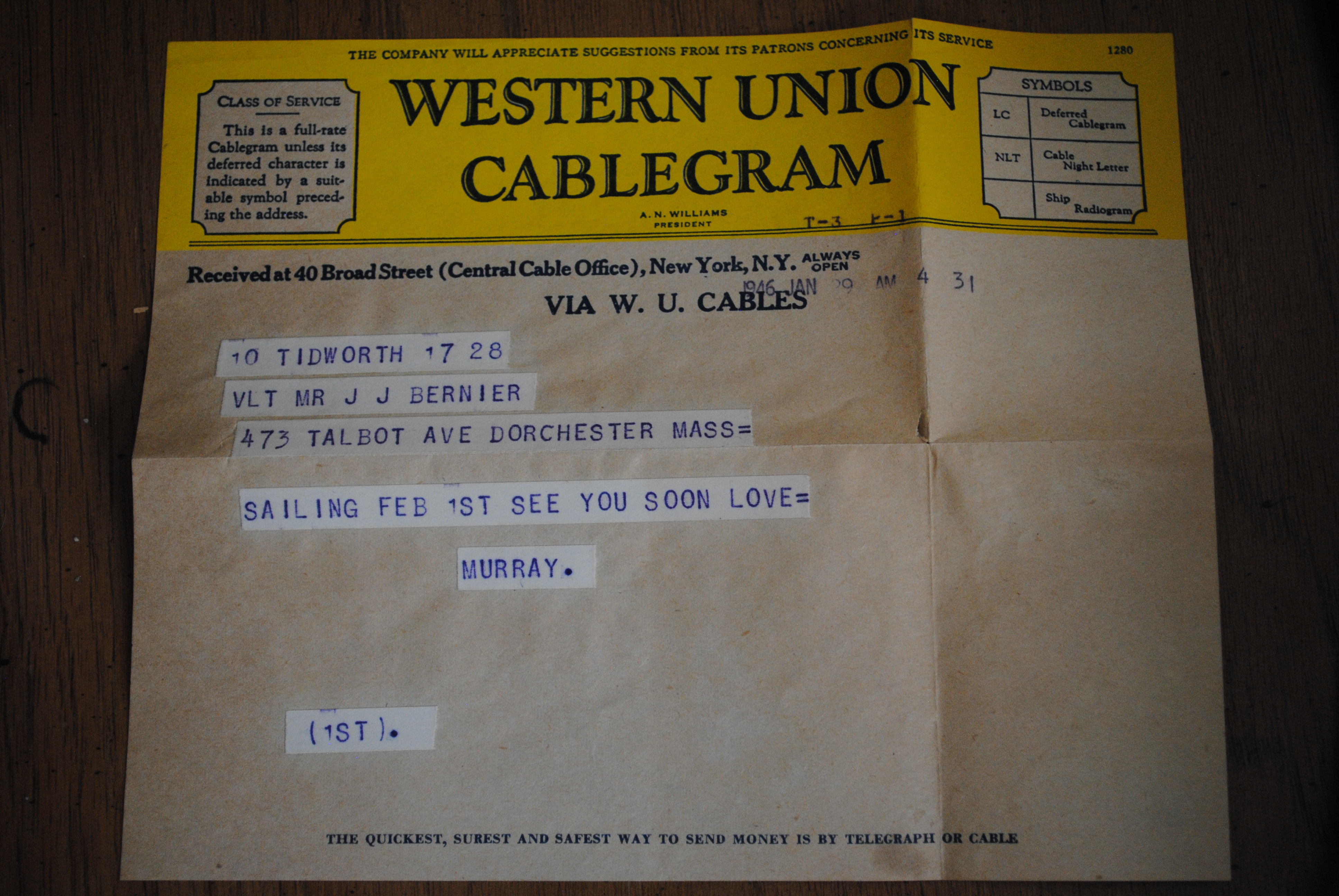As I was not selected to lead Lake County School District R-1 (in Leadville) into the future, I decided to share the four monster essays I was required to write as part of the application process. Feel free to use them as examples of how to answer multi-tiered writing prompts in two pages or less! (I think I did a pretty good job!)
This is the first of the essays, and I’ll say for the record, we’ve been over-assessing our students.
LCSD Superintendent Essay A: In today’s educational environment that emphasizes assessment and measurement, how can the Lake County School District meet the diverse needs of students (especially English Language learners) while increasing student achievement for all students?
A school district that fails to assess its students is like an oncologist who fails to conduct routine blood tests; both will lack the vital information necessary to improve the lives of those in their care. Now more than ever our students must understand that their public education is designed to prepare them for a workforce that is increasingly geared toward employing those with education beyond high school. Regardless of the type of further education—whether it be in a degree program or in technical training—assessments are an academic reality. One challenge of an environment that emphasizes assessment and measurement is to ensure that there is an acceptable balance between time spent assessing and time spent teaching and learning because our students—whether or not they are English Language Learners—will not perform well when assessed without sufficient time to learn.
Lake County School District can meet the diverse needs of students while increasing achievement for all students by designing an assessment cycle that employs best practices—those known for successful results—and by using data from both formative and summative assessments. The first step in this cycle is to plan out what we want our students to learn. Fortunately, the Colorado Department of Education has taken the guesswork out of what skills our students should be proficient in at each grade level and for each subject taught in our schools. They are, however, guidelines, and as such are not inclusive of all the skills our students should possess before launching into the world of employment. Those other talents—now called “21st Century Skills”—are just now beginning to appear in the ongoing revision of the language of our state standards. It should also be understood that a “plan” is just that—a strategy for accomplishing a larger mission—and should have the flexibility to adapt to changing needs. Teacher training programs ensure that graduates understand the process of curriculum design, and all highly qualified teachers should understand that the process is an integral part of their job description. By ensuring that our teachers have the time, tools, and guidance to create curriculum maps that outline a logical progression to include requirements for their areas of expertise, the “plan” part of this assessment cycle, if not already in existence, should be handled expeditiously.
Once the plan is in place, it’s time for action, or the “do” phase of the cycle, in which the teaching and learning take place. Here we must ensure that teaching techniques are effective. Again, when we look to teaching best practices, the model of “I do, we do, you do,” has historically been one which bears positive results. The learning objectives for each class must be made clear to all students at the beginning of each class, and there should be no secret as to how the learning will ultimately be measured (in the 3rd phase of the cycle). The teacher models the task at hand, talking through the thought process involved with whatever skill is being demonstrated. Next, students join the teacher in walking through a similar example. Finally, the student applies what they have learned to complete the skill on their own. In this critical phase of the teaching/learning cycle it is vital that our ELL students and students who might have other special needs based on learning disabilities be provided with the best possible environment in which to learn. When possible, these students should have a teacher who is a specialist in the area of need to ensure effective communication of requirements, and to ensure that each student feels safe and confident enough to allow for an open exchange of what is working for them. Ideally, there would be a working relationship with parents of students who require more specialized instruction, and students would be encouraged to be receptive to learning, knowing that success in the classroom is a good indicator of success in the world beyond public education. More ideally, parents of all students would be encouraged to support teachers in their daily attempts to convince students of the old adage that “good enough is neither.”
The hope is that in the third phase of the cycle, the evaluation or assessment phase, students will demonstrate that they have learned the material “well enough” to indicate proficiency. If an assessment is designed to be relevant to the instruction provided, teachers should get an accurate answer to the question, “Did my students learn what I expected them to learn?” The learning objectives for each unit taught must be measurable, and with minimal subjectivity. There should be no “surprises” for the students, because teachers should be clear about the objectives and the requirements to demonstrate proficiency on Day 1. Teachers should provide feedback on assessments quickly; otherwise, students may become frustrated and lose any momentum that may have been gained on the topic.
The last phase of the assessment cycle asks, “Now what?” This is where teachers get the feedback they need in order to revise and/or reinforce the next step of their plan. This is, perhaps, the most challenging phase of the teaching/learning cycle because the results of an assessment can range from mastery to failure. In a “standards based” instruction model, students typically have time to relearn, and are provided opportunities for reassessment; this also challenges teachers to make decisions that will most benefit their students. How many times should a student be allowed to retest? At what point should instruction move forward? These questions are not easily answered, but with appropriate resources (extra practice materials, tutors, specialists), students who are trailing can expect to catch up if they are willing to make the effort to do so.
We must not forget, however, to find opportunities for celebration in this last phase. This is a “must,” and this is where we step back to ensure that our biggest challenge—balance—is realized. Just as professional runners should not train at race-day pace every day for fear of injury or burnout, students should not be assessed so frequently that they, too, experience burnout. The student, like the runner, wants to perform well, but also knows that without the proper amount of time to absorb new learning, he will struggle. By evaluating and selecting the most efficient tools for assessing our students and employing them judiciously, we can expect that our students will do their best when asked. Regardless of the results, though, effort and improvement—however much—should be recognized and applauded.
Socrates stated that “the unexamined life is not worth living.” While, perhaps, an extreme viewpoint, it nevertheless is a strong suggestion that examination, assessment, thoughtful reflection on what works, what doesn’t, and why, can bring about growth. Although I’m certain he would have loved a debate on his controversial statement, I do believe that his point validates the importance we place on the thoughtful use of assessments in schools to improve the achievement of every student served, regardless of their background. School leaders and teachers, much like doctors, must use their tools wisely in order to ensure the maximum benefit for those they serve. [end]














